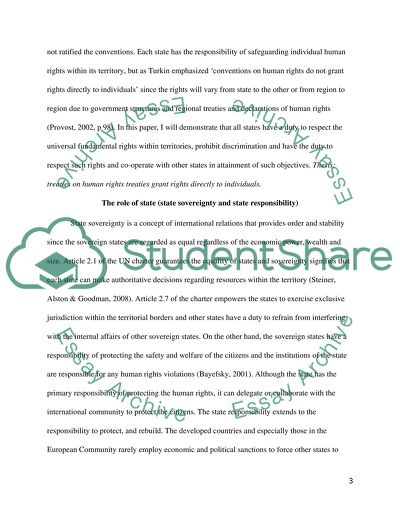Cite this document
(“Critically analyse why treaties on human rights do not grant rights Essay”, n.d.)
Retrieved from https://studentshare.org/law/1632542-critically-analyse-why-treaties-on-human-rights-do-not-grant-rights-directly-to-individuals
Retrieved from https://studentshare.org/law/1632542-critically-analyse-why-treaties-on-human-rights-do-not-grant-rights-directly-to-individuals
(Critically Analyse Why Treaties on Human Rights Do Not Grant Rights Essay)
https://studentshare.org/law/1632542-critically-analyse-why-treaties-on-human-rights-do-not-grant-rights-directly-to-individuals.
https://studentshare.org/law/1632542-critically-analyse-why-treaties-on-human-rights-do-not-grant-rights-directly-to-individuals.
“Critically Analyse Why Treaties on Human Rights Do Not Grant Rights Essay”, n.d. https://studentshare.org/law/1632542-critically-analyse-why-treaties-on-human-rights-do-not-grant-rights-directly-to-individuals.


